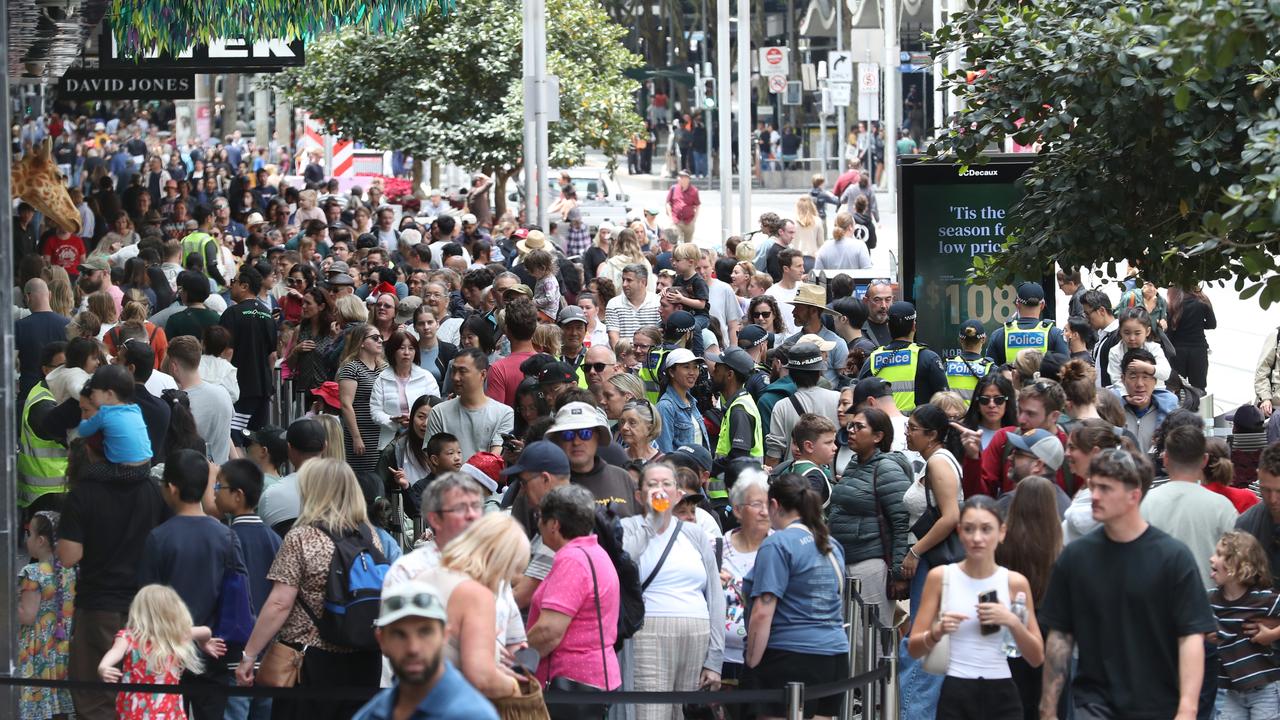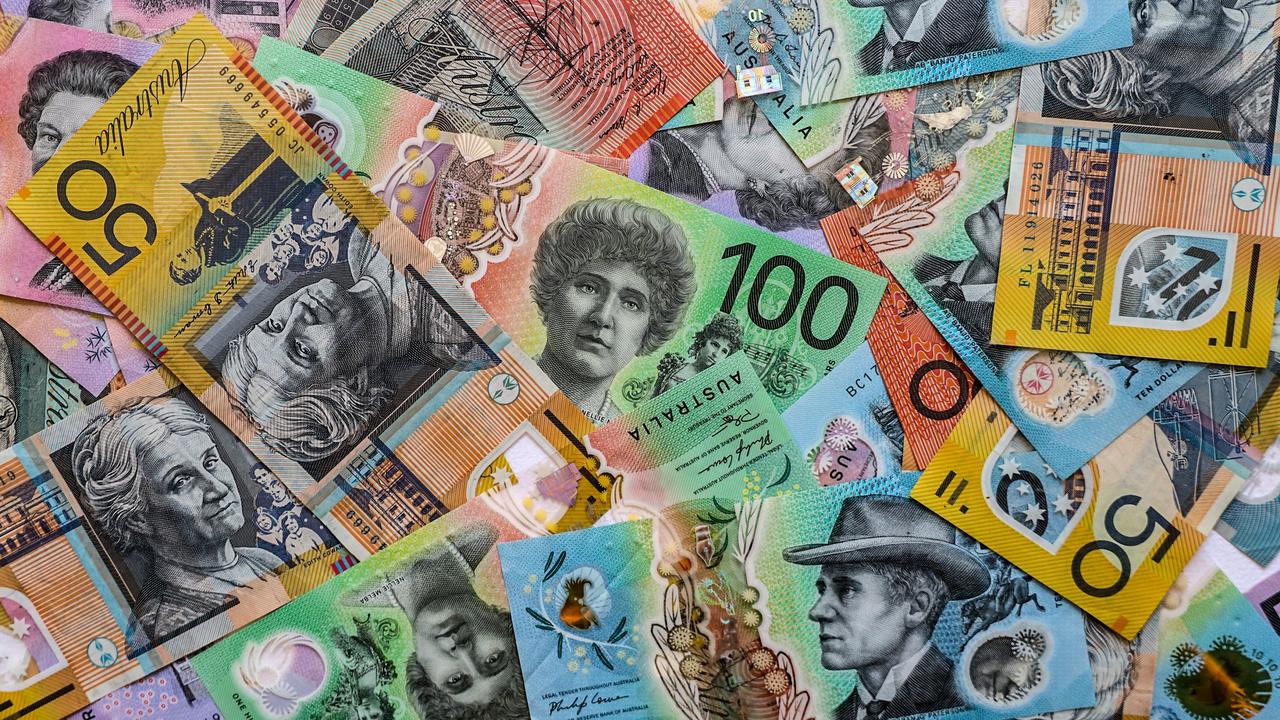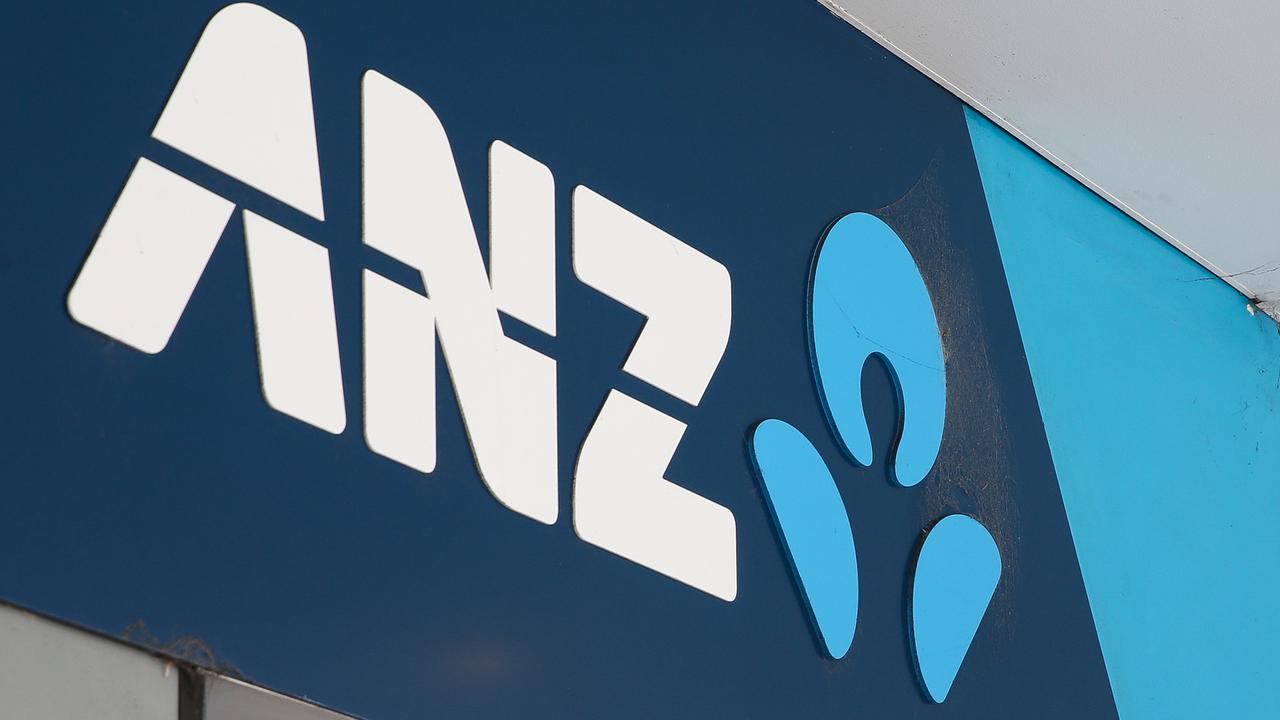Reserve Bank governor Michele Bullock issues inflation warning from geopolitical ‘shocks’
The RBA has issued a stark warning to Aussies as the ongoing conflict between Israel and Hamas adds to inflation pressures.
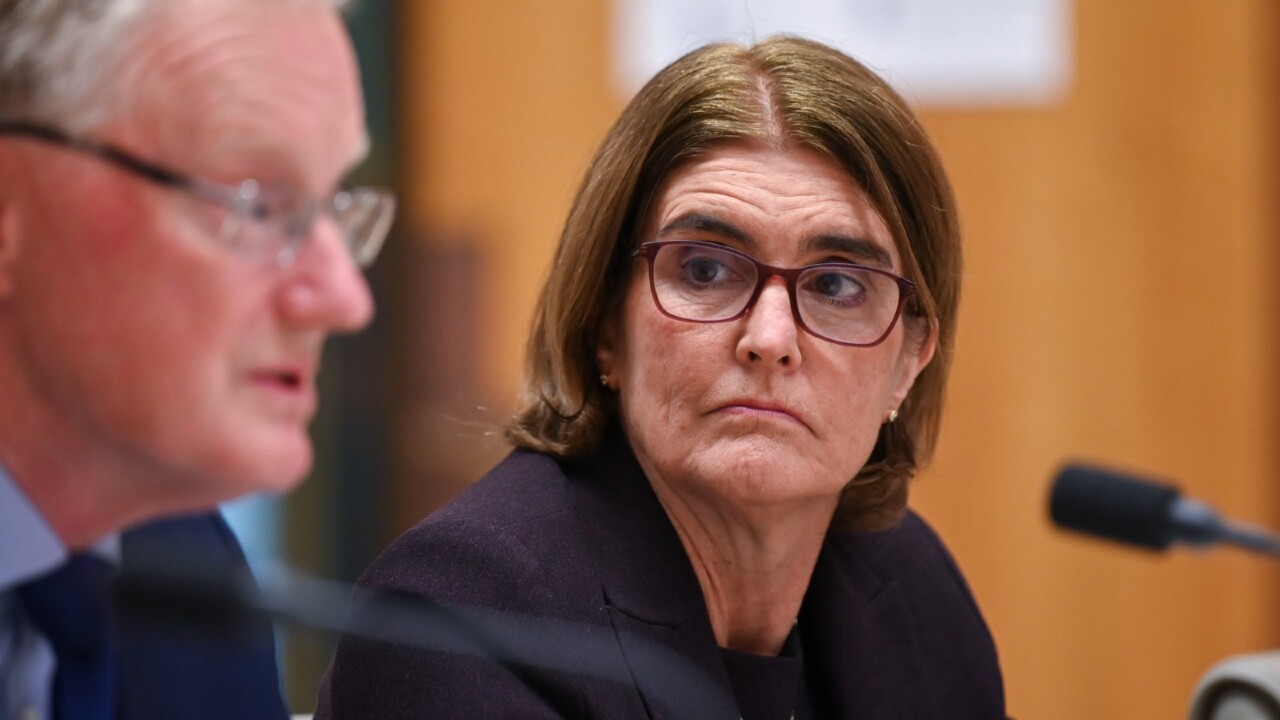
Global geopolitical shocks, including the escalating conflict between Israel and Hamas, risk keeping inflation higher for longer, Reserve Bank governor Michele Bullock has cautioned.
“The problem is that we’ve just got shock after shock after shock,” Ms Bullock said in remarks to the inaugural Australian Financial Security Authority summit in Sydney on Wednesday.
Since Hamas’ bloody incursion in Israel, global oil prices have risen from their already elevated levels due to ongoing supply cuts by Russia and Saudi Arabia.
Brent crude prices have steadily increased to near $US92 a barrel, while West Texas has almost reached $US89 a barrel.
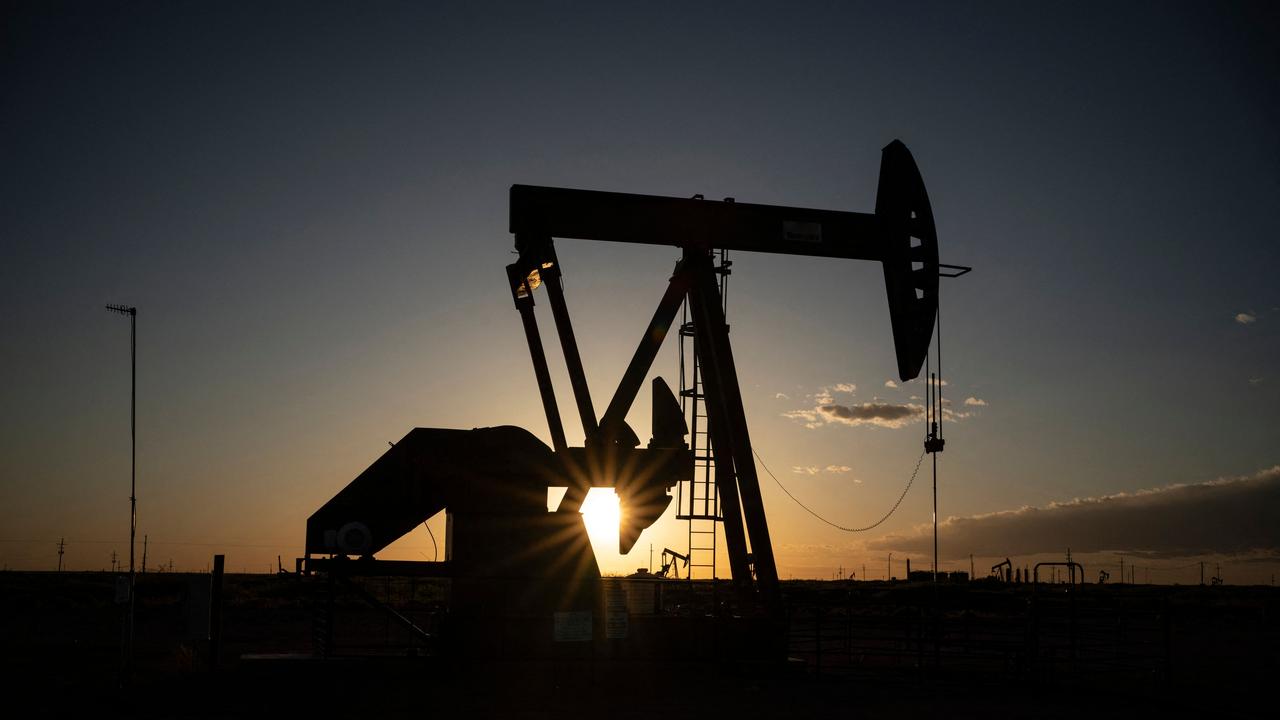
Across the country, petrol prices remain elevated at 204.1 cents per litre, according to analysis by the Australian Institute of Petroleum released on Monday.
Ms Bullock said the central bank was concerned about the inflationary impact of the conflict as higher oil prices abroad pushed petrol prices higher.
“Typically when we think about shocks to supply that increase prices, you’d think ‘well, that’s probably okay. It’ll wash out’,” Ms Bullock said.
“The more that [shocks] keep inflation elevated, even if it’s from supply shocks, the more people adjust their thinking.

“And the more people adjust their inflation expectations, the more entrenched inflation is likely to become. So that’s the challenge.”
A broadening of the Israel-Hamas war, to include Iran, has been in sharp focus amid warnings it could push global oil prices towards $US120 a barrel.
Conversely, Governor Bullock said the Middle Eastern conflict could act as a handbrake on global economic growth, which in turn would slow the local economy.
“So it’s really … a bit of a balancing act here on the potential implications. I think at the moment, we are a little bit more worried about the potential inflation implications of this,” she said.
RBA takes hawkish turn
Ms Bullock’s remarks followed the release of the RBA’s October board meeting minutes – her first as the central bank’s new governor – which indicated the RBA would raise the cash rate a 13th time if inflation was not returning to the 2 to 3 per cent target as soon as anticipated.
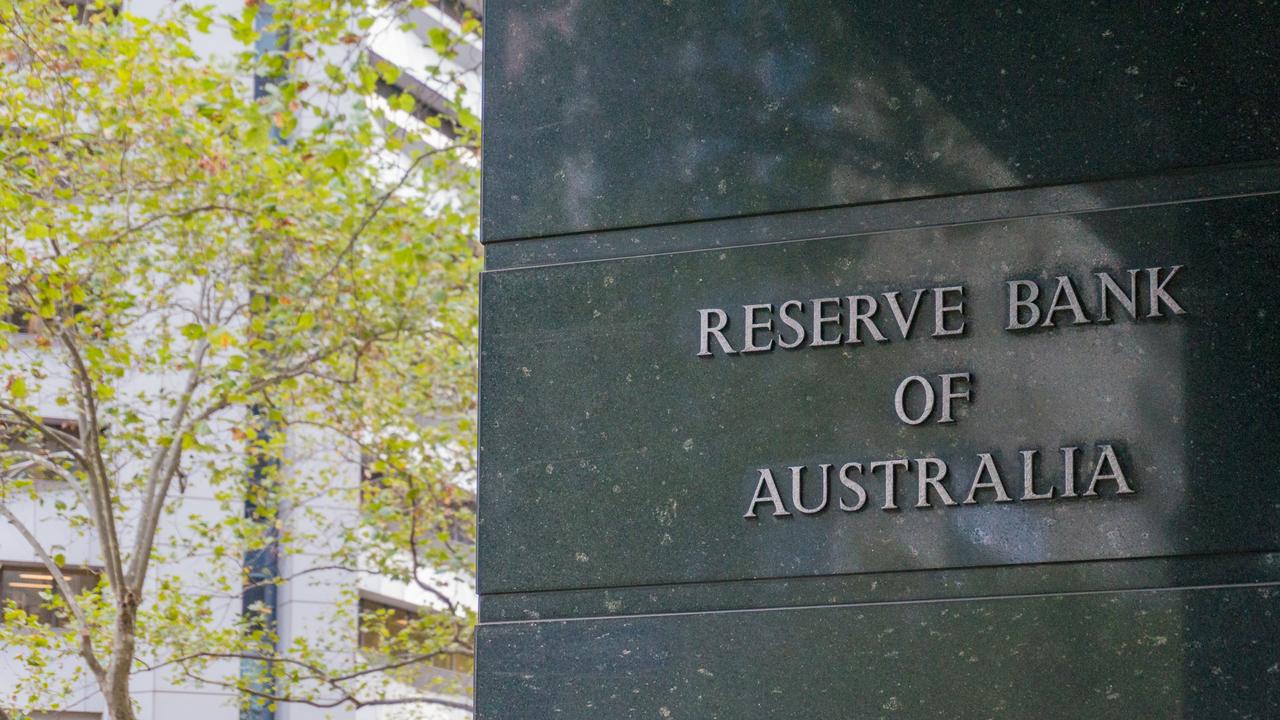
“The board has a low tolerance for a slower return of inflation to target than currently expected,” the minutes for the October 3 meeting read.
While inflation has broadly trended lower since its peak in December, prices for services – including energy, rents and labour-intensive industries – remain sticky.
A fresh reading of price pressures, due October 26, which is above the RBA’s quarterly inflation forecast of 0.9 per cent could force another 25 basis point rate hike, bringing interest rates to 4.35 per cent.
Economists are split on whether the Reserve Bank will raise the cash rate when it meets on Melbourne Cup day next month.



